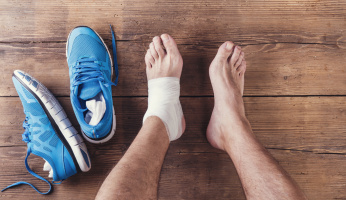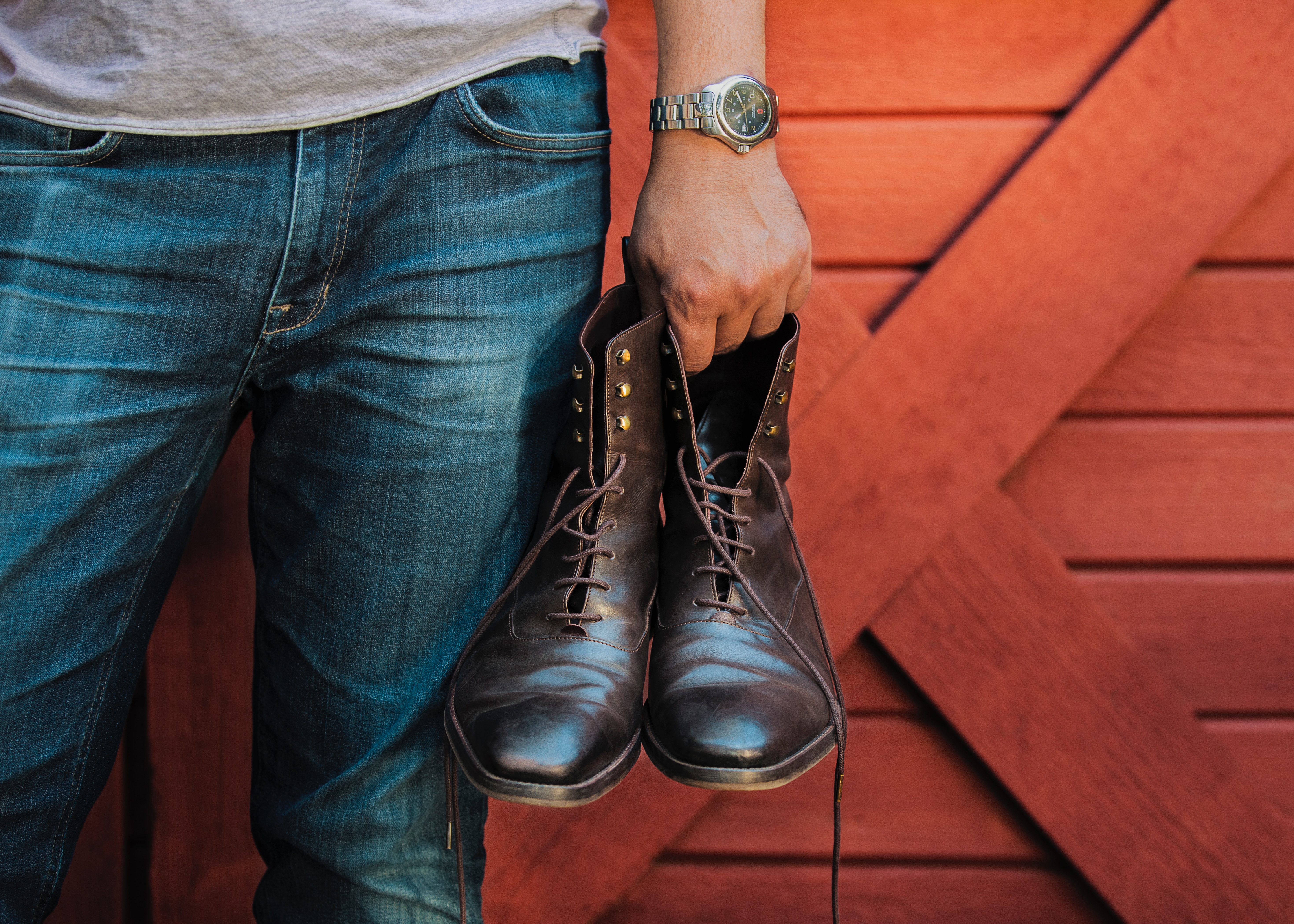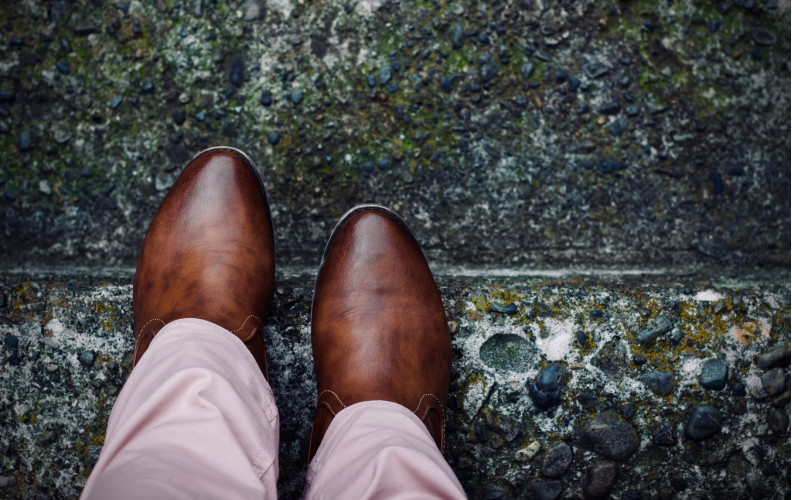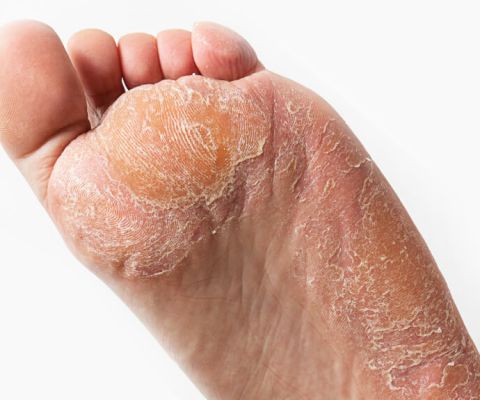Running With Allergies: Go or No Go?
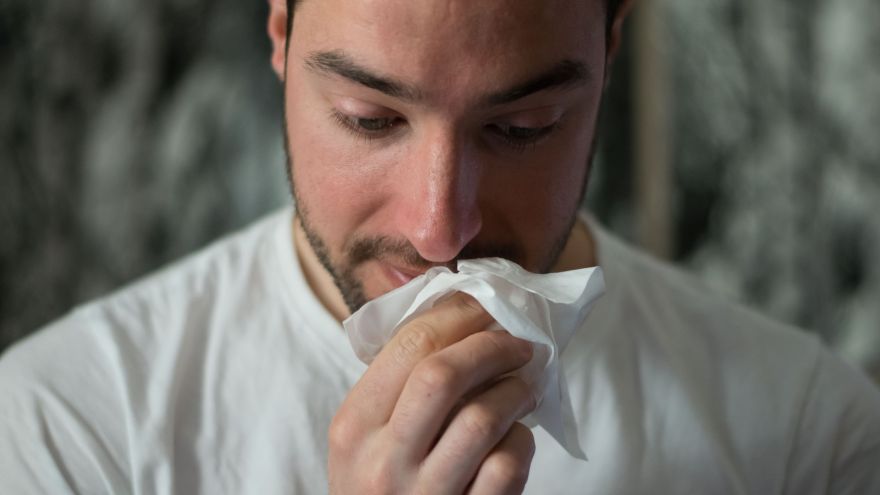
Are you sniffling, sneezing or experiencing itchy eyes? Do you know it is not a cold? If you get seasonal allergies, you likely can anticipate when the bad symptoms are more likely to occur. Many runners wonder if they should continue running with allergies, and if allergies will make running more difficult.
If you struggle with allergies, this blog is for you!
Know What (and When) Your Triggers Are
The first thing you should do is pinpoint what exactly your allergen triggers are. Is it a certain time of year? Are you allergic to certain specific plants? Does the pollen count impact your seasonal allergies?
These are all important bits of information so you can make educated decisions on your running.
Understanding Pollen Count
One thing that helps some runners is to know their personal pollen count threshold. What does this mean? For some runners, if the pollen count is very high, they are much better off taking their running indoors. While this may seem extreme to someone who does not understand seasonal allergies, if you have lived it, you won’t question this decision!
Allergies are so common and have such a huge impact on people’s lives that The Weather Channel now offers an Allergy Forecast so that people can know what their allergy risk is on a particular day in a set area. You can also get a pollen count so that you can know what your neighborhood looks like in that regard.

Not everyone has the same allergy threshold. Some people have such severe allergies that they have to avoid the outdoors even when the pollen count and allergens are relatively low. Other people can tolerate much higher pollen in the air and still function. This is often trial and error on the athlete’s part.
If you work with a physician who specializes in allergies, he or she may also be able to advise you on when it is okay for you to exercise outdoors and when you should play inside!
Is It Okay to Run With Allergies?
While it is okay to run with allergies, you should know that if you are feeling very poorly, you might want to rest your body instead. There are some good rules to follow that may help make running with allergies easier to tolerate.
First, you should avoid running on trails or down country roads if you have bad allergies. It stands to reason that you have a higher chance of getting exposed to outdoor allergens if you are in a rural area. You may also find that on windy days your allergies flare up a lot. Wind can actually carry pollen a very long way!

On the one hand, rain can lower the pollen count. For that reason, some people may advise you to run during or right after rain. On the other hand, rain can actually cause pollen to break into more particles which can irritate your lungs even more.
Do Your Allergies Trigger an Asthma Attack?
If your allergies trigger an asthma attack or cause you to need an inhaler, you might want to avoid exerting yourself physically when your symptoms are bad. People who normally rely on an inhaler could find themselves needing it even more desperately during allergy season.
Those who use an inhaler for allergies or other breathing difficulties need to proceed with caution and always have the inhaler handy during physical activity if you have reason to anticipate your allergies acting up. This is not something you want to leave to chance!
Does Exercise Make Allergies Worse?
While exercise may make it harder for you to breathe and may increase your symptoms, exercise in and of itself does not actually make your allergies worse. It can make your symptoms more pronounced, which can make you more miserable.
Another thing worth noticing is that if you are not careful, there are things that occur during exercise that can worsen your allergies. For example, if you are running outside on a country road, you may encounter more pollen. This could cause your allergies to get worse. Note it was not the exercise that caused the problem, rather, the pollen exposure.
Tips To Follow
If you are going to exercise outside, you should follow some basic precautions. First, wear sunglasses. Did you know that sunglasses do more than shade your eyes from the sun? They also protect your eyes and make it less likely for allergens to float their way in. Wrap-around sunglasses are particularly helpful!
After you workout outside, you should remove your clothes and put them in the wash. Washing your hands is also a good idea. Be careful not to touch your eyes or face during or post-workout, at least until you have washed up!

Many people actually advise you to shower so you are rinsing your whole body after your workout to keep your body best protected against allergens.
Remember to take either a prescription or over-the-counter allergy medication, in particular on days when you plan to run outside. An ounce of prevention is worth a pound of cure! Plan ahead and be smart!
Since many antihistamines are drying, be sure you are properly hydrating when you take allergy pills. This is especially true if you plan to run long or if it is very warm out!
Can Allergies Make It Hard To Run?
Running with allergies is no joke. Just think about it. Under the best of circumstances, you find yourself huffing and puffing when you run. Add a sniffle, runny nose, and sore throat to the mix. Of course, it feels like running is a lot harder when your allergies are flaring up!
Nasal congestion is truly a problem for distance runners. Anything that hinders your breathing is going to make running harder. It’s that simple.
On top of that, most of us don’t sleep well when we are feeling sick. Who performs well when they are not resting well?





